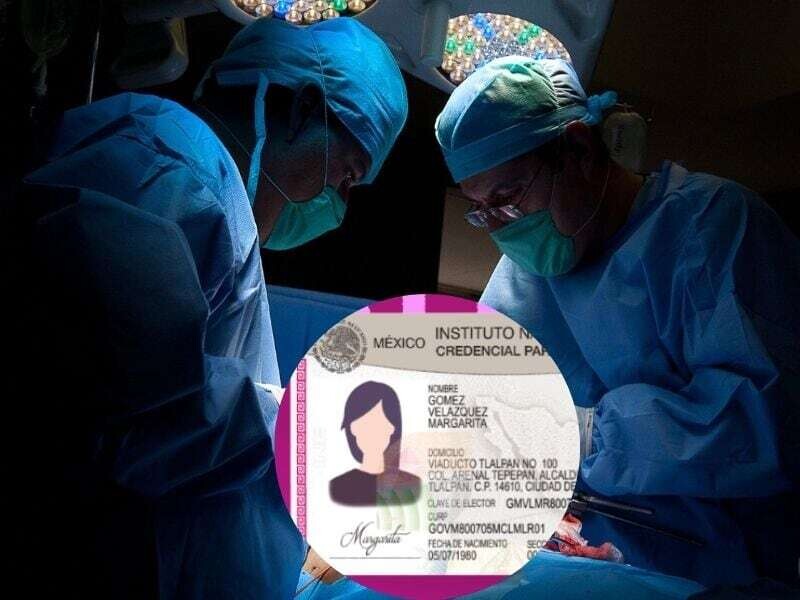
In Mexico, the federal deputy of the National Action Party (PAN), Kenia López, proposed an initiative to establish consent or refusal for organ, tissue, and cell donation on the credential of the National Electoral Institute (INE). According to the proposal, citizens can go to the INE at any time to revoke this consent.
The goal of this proposal is to ensure that the wishes of those who want to be donors are respected and that those who need a transplant can receive the necessary organs. López emphasizes the importance of strengthening the legal framework in this area, especially after the reduction in donations caused by the COVID-19 pandemic.
Data from the National Transplant Registry reveal that in Mexico, there are more than 20,000 people waiting to receive an organ to preserve their lives, with the kidney being the most in-demand organ. Although there has been an increase in donations and transplants in recent years, there are still challenges that authorities must address, according to the Pan American Health Organization.
Diabetes is one of the leading causes of chronic kidney disease in Mexico and the need for transplants. It is estimated that chronic kidney disease affects about 45,000 people each year, with a prevalence of 188,000 people. The entities with the highest transplant activity in the country are Mexico City, State of Mexico, Querétaro, Puebla, and Aguascalientes.
In this context, Kenia López's proposal seeks for the INE to verify various principles, such as legality, consent, information, quality, and responsibility, in handling donor data. The legislator has submitted her proposal to the Political-Electoral Reform Commission for analysis, proposing to amend the General Law of Electoral Institutions and Procedures. The idea is to add a Article 156 Bis that allows for the identification of donors on their electoral credentials.














